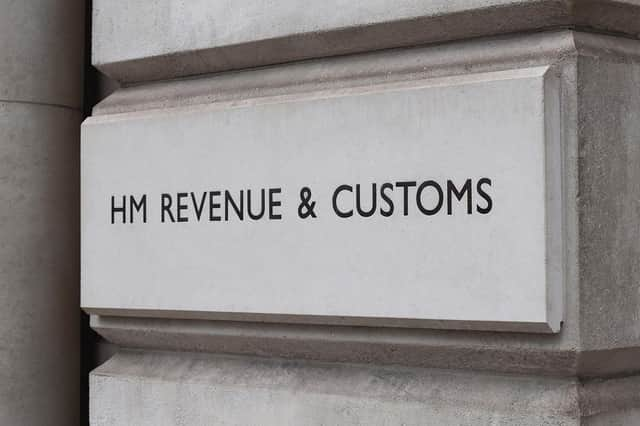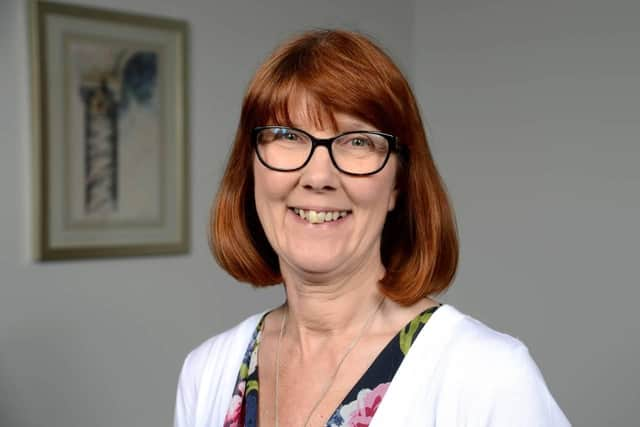COLUMN: 50th anniversary of VAT is a golden opportunity for reform


What’s the future of Britain’s most confusing tax? In the five decades since Value Added Tax (VAT) came into force on April 1, 1973, it has become the third most prolific source of revenue for the Government, behind only National Insurance and Income Tax.
From April 2022 to February 2023, HMRC reports that it collected £150.5 billion from VAT – but with 428,615 UK businesses closing in 2022 amid unprecedented operating costs, there are calls for clearer regulation to avoid unexpected charges.
Advertisement
Hide AdAdvertisement
Hide AdThe bulk of the controversy surrounding VAT comes from its weighted system, which separates goods and services into three distinct categories: taxable (standard rated at 20 per cent, reduced rated at five per cent, and zero rated at zero per cent), exempt, and outside the scope (meaning that businesses can pay no VAT at all). However, the distinctions are often unclear and with more exceptions than rules, it’s little wonder that many business owners get tangled in red tape.


Because VAT was introduced in 1973 following Britain joining the EU, that meant that the UK Government had to enforce national legislation that complied with international VAT frameworks. This is why when businesses contested a VAT ruling, cases often ended up at the European Court of Justice (ECJ) – but rulings could take up to 20 years to resolve. For businesses losing money with every transaction, that’s a long time and a big problem.
However, following Brexit, the UK is free to redefine VAT how it sees fit, and many businesses would welcome clearer, less confounding legislation.
Clearly, VAT is a needlessly complex piece of legislation that causes headaches for many business owners. Since we are no longer bound by the EU VAT directive post-Brexit, we could implement a much simpler system, such as the split-payment system in place in Brazil.
Advertisement
Hide AdAdvertisement
Hide AdUnder a regime like this, VAT is split when a transaction takes place, so the customer pays the sale price directly to the seller and VAT (if it applies) goes straight to the tax authority. We are arguably a long way off a system like this in the UK but this would certainly shift the onus from over-burdened business owners.
Whatever the future of VAT, it will continue to be a heavy earner for the treasury – but a clearer, less confusing system would certainly be welcomed by businesses all across the East Midlands and indeed the whole of the UK.